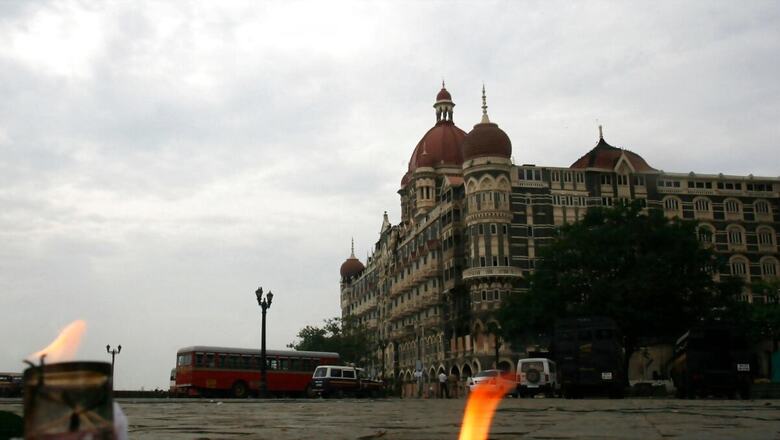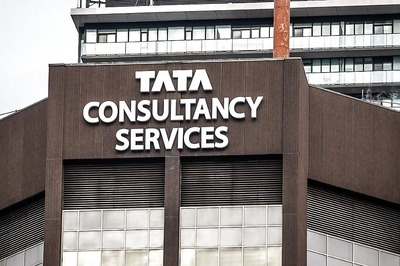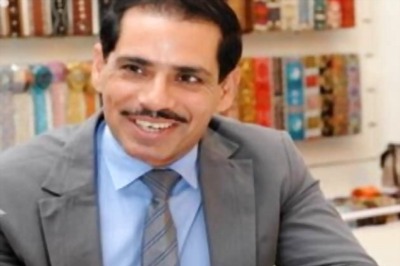
views
External Affairs Minister S. Jaishankar criticised the previous Congress-led UPA government on Tuesday for its “diffident” response to the Pakistan-perpetrated 26/11 Mumbai terror attacks, which claimed over 160 lives.
Delivering an address on “Foreign Policy the India Way: From Diffidence to Confidence” in Hyderabad, Jaishankar said the UPA government’s decision against retaliation was based on their logic that the “cost of attacking Pakistan was more than the cost of not attacking Pakistan.”
“After the Mumbai (26/11 terror attack), the national security advisor of the previous UPA government wrote (that) ‘we sat, we debated.’ We considered all the options. Then we decided to do nothing. We decided to do nothing and the justification was we felt the cost of attacking Pakistan was more than the cost of not attacking Pakistan,” he said, describing UPA’s response as one of “diffidence.”
#WATCH | Hyderabad, Telangana: At the forum for Nationalist Thinkers- Hyderabad Chapter ‘Foreign Policy The India Way: From Diffidence To Confidence’, EAM Dr S Jaishankar says, “Now, there are other examples I can give you of confidence. One is how to defend your borders more… pic.twitter.com/Rlx0iInKk5— ANI (@ANI) April 23, 2024
‘Choices’
Jaishankar’s comments refer to the aftermath of the Mumbai attacks best described in the book of former National Security Advisor (NSA) and ex-Foreign Secretary Shiv Shankar Menon. In a 2017 book titled “Choices: Inside the Making of India’s Foreign Policy,” Menon revealed what happened in New Delhi after the 26/11 terror attack on Mumbai. Menon, who was India’s foreign secretary at the time, said that after the attack, a series of informal discussions and meetings in the government took place to consider India’s responses.
“The then national security adviser, M. K. Narayanan, organised the review of our (India) military and other kinetic options with the political leadership, and the military chiefs outlined their views to the prime minister. As foreign secretary, I saw my task as one of assessing the external and other implications and urged both External Affairs Minister Pranab Mukherjee and Prime Minister Manmohan Singh that we should retaliate, and be seen to retaliate, to deter further attacks, for reasons of international credibility and to assuage public sentiment,” he wrote in his book, giving an insider account of the events after 26/11 attacks.
‘Red Line’
“For me, Pakistan had crossed a line, and that action demanded more than a standard response. My preference was for overt action against LeT headquarters in Muridke or the LeT camps in Pakistan-occupied Kashmir and covert action against their sponsors, the ISI. Mukherjee seemed to agree with me and spoke publicly of all our options being open. In these discussions, we considered our options, the likely Pakistani response, and the escalation that could occur. But on sober reflection and in hindsight, I now believe that the decision not to retaliate militarily and to concentrate on diplomatic, covert, and other means was the right one for that time and place,” Menon added.
Stay Ahead With all the Lok Sabha Election 2024 Related Real-Time Updates At News18 Website.


















Comments
0 comment